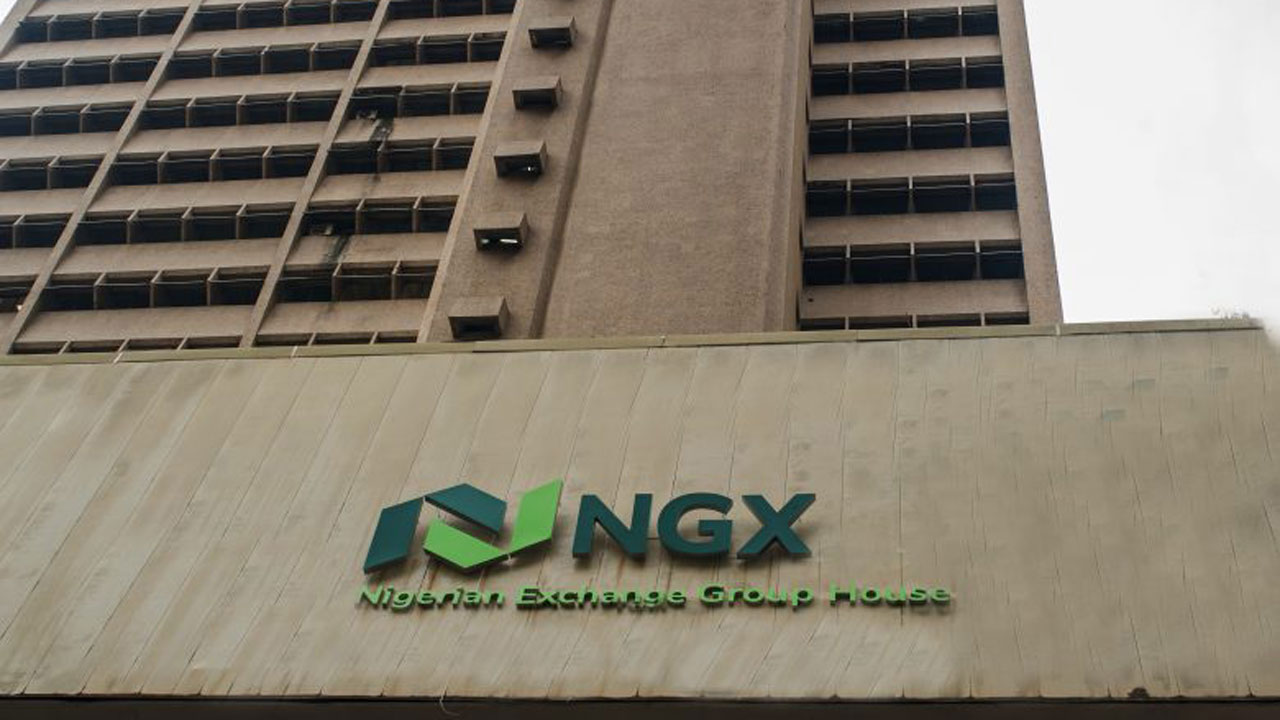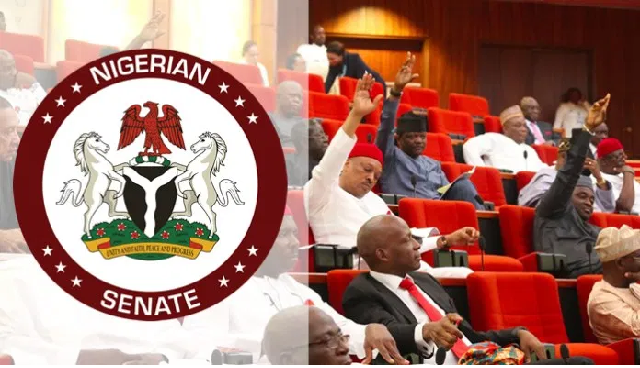Barely two days after the Central Bank of Nigeria rolled out some policy measures to help curtail the adverse economic effects of the coronavirus pandemic in the global economy, the Nigerian Senate has expressed its willingness to consider the removal of subsidy on petrol and devaluation of the Naira to help forestall the looming economic crises as a result of the disease.
This is contained in the interim report of the Senate joint committees on finance, appropriations, national planning and petroleum resources (upstream) which was presented to the Senate.

The joint committee, which is chaired by Senator Solomon Adeola, was set up last week to liaise with relevant government agencies to come up with probable solutions on how to tackle the effect of the coronavirus on the global economy. They were mandated to assess, examine and suggest to the senate the immediate steps to be taken in order to cushion the effect on the nation’s economy, especially the crash in crude oil prices.
The Senate adopted the recommendations contained in the interim report of the joint committee which include:
- review of the 2020 budget as had been passed by the national assembly which appears inevitable;
- reconsidering the number of agencies and parastatals of the government as was recommended in the Oronsanye report;
- loss of revenue worth billions of dollars due to gas flaring and some others; and
- removal of fuel subsidy, devaluation of the Naira and some other sundry issues.
The legislative and executive arms are expected to jointly work out the modalities to be adopted in the review of the 2020 budget. The committee, as part of its recommendation in the interim report, asked the revenue-generating agencies of the government to strictly adhere to the fiscal responsibility act as passed by the National Assembly.
Adeola disclosed that the joint committee before it came up with its interim report, got different views from economic and financial experts on the state of the economy.

The Senate President, in his comment, admitted that the country is going through challenging times at the moment. He lamented the difficulty government encounters in the implementation of capital projects. He said that the Senate would engage the CBN to find out if the measures they just rolled out are good enough or can be better.
It must be recalled that as part of measures aimed at reducing the negative impact of the coronavirus pandemic, the CBN rolled out some monetary policies for businesses and households.
Some of those measures include reduction of interest rate on intervention facilities from 9% to 5%, extension of moratorium on intervention funds by one year, provision of N50 billion credit facility for households and families and so on.
Source: Nairametric












